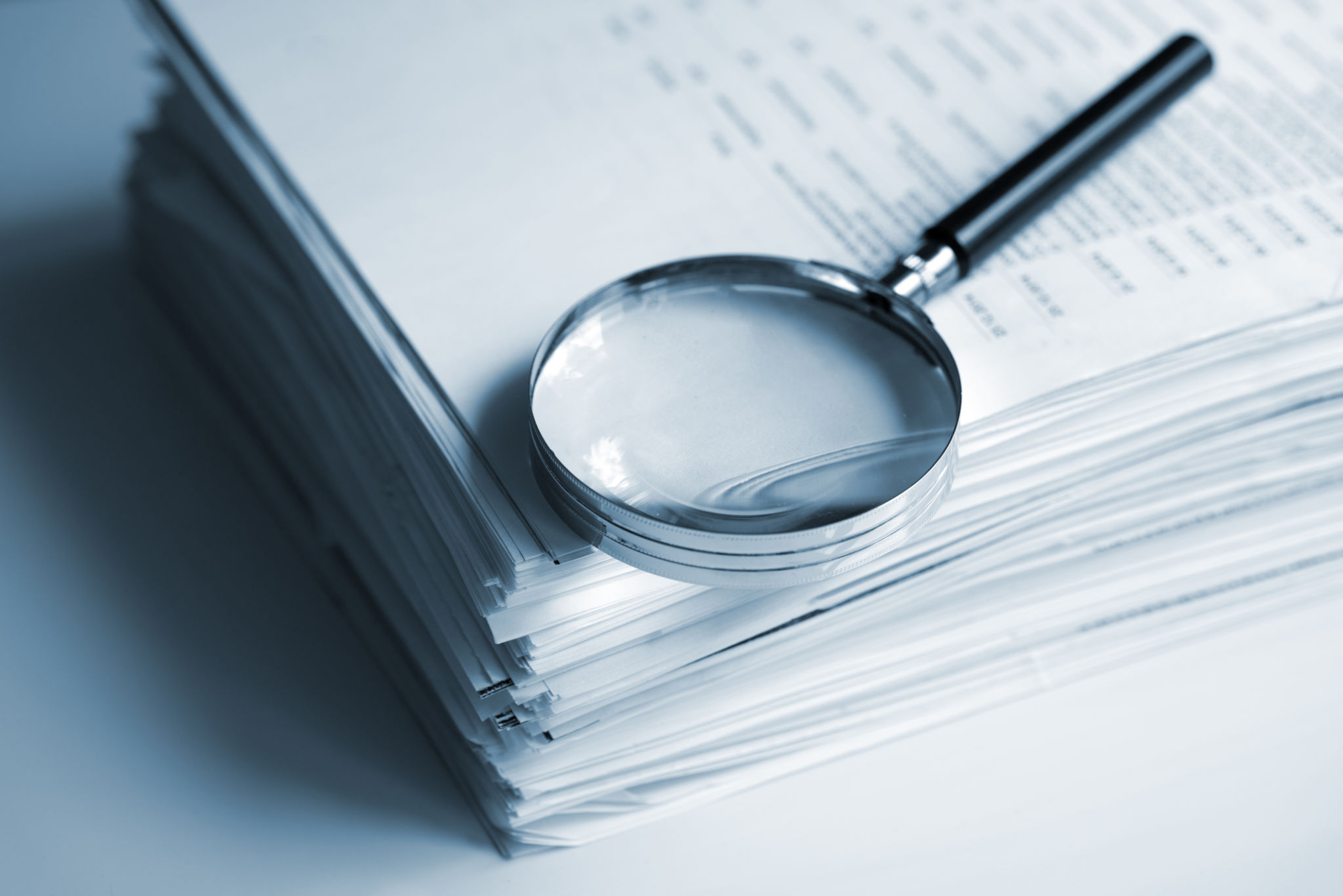DIY Bookkeeping: Essential Tips for Small Business Owners
Understanding the Basics of DIY Bookkeeping
For small business owners, keeping track of finances is crucial, yet hiring a professional bookkeeper may not always be feasible. DIY bookkeeping can be a practical solution, allowing you to manage your finances efficiently and save money. Understanding the basics of bookkeeping is the first step in mastering this essential skill.
Start by familiarizing yourself with key financial terms such as assets, liabilities, revenue, and expenses. Assets refer to what your business owns, while liabilities are what it owes. Revenue is the income generated from your business activities, and expenses are the costs incurred to run your business. Knowing these terms will help you create a clear financial picture.

Setting Up Your Bookkeeping System
Setting up a reliable bookkeeping system is critical for managing your business's finances effectively. The first step is choosing whether you will use a manual or digital system. While manual systems, like ledgers, are straightforward, digital bookkeeping software can offer more features and automation, saving you time and reducing errors.
Once you've chosen your system, create a consistent process for recording transactions. Establish a routine, such as setting aside time weekly to update your records. This consistency will ensure you stay on top of your finances and make tax season less stressful.

Organizing Financial Documents
A clutter-free approach to organizing financial documents is vital for effective DIY bookkeeping. Start by categorizing documents into income, expenses, receipts, and bank statements. Utilize folders or digital storage systems to maintain order and easy access to these documents when needed.
Consider using cloud-based storage solutions for digital copies of important documents. This not only saves physical space but also provides a secure backup in case of hardware failure or other emergencies.

Tracking Income and Expenses
Accurate tracking of income and expenses is the backbone of any bookkeeping process. Ensure that every transaction is properly documented and categorized. This helps in understanding cash flow patterns and identifying areas where cost-cutting measures can be implemented.
Create categories for different types of income and expenses to simplify the process. For example, separate operational expenses from marketing expenses to get a clearer view of where your money goes.
Utilizing Bookkeeping Tools
There are various tools available to assist with DIY bookkeeping, ranging from simple spreadsheets to comprehensive accounting software. Spreadsheets can be an excellent starter tool for those who are just beginning, while more advanced software options offer features like automated invoicing and real-time financial reporting.
When selecting a tool, consider ease of use, functionality, and scalability to ensure it meets your business needs as they grow. Take advantage of free trials offered by many software providers to determine which tool fits best.

Regularly Reviewing Financial Reports
Regular review of financial reports is essential for understanding the health of your business. Set aside time each month to review key reports such as the balance sheet, income statement, and cash flow statement. These reports provide insights into your business's financial performance and help you make informed decisions.
Look for trends in your financial data that can inform strategic planning. Identify areas where your business is performing well and areas that may need improvement or more investment.
Staying Compliant with Tax Regulations
One of the critical aspects of bookkeeping is ensuring compliance with tax regulations. Keep accurate records of all financial transactions and understand the tax obligations specific to your business type and location. This will help you avoid potential penalties and fines.
If you're unsure about tax compliance requirements, consider consulting with a tax professional periodically to ensure you're meeting all necessary obligations while taking advantage of any applicable deductions or credits.
The Benefits of DIY Bookkeeping
Mastering DIY bookkeeping not only helps you save money but also gives you greater control over your business's finances. By understanding where every dollar comes from and goes, you can make more strategic decisions that drive growth and profitability.
The skills you develop through DIY bookkeeping can also enhance your ability to communicate effectively with financial professionals when needed. This knowledge empowers you to be more proactive in managing your business's financial health.

